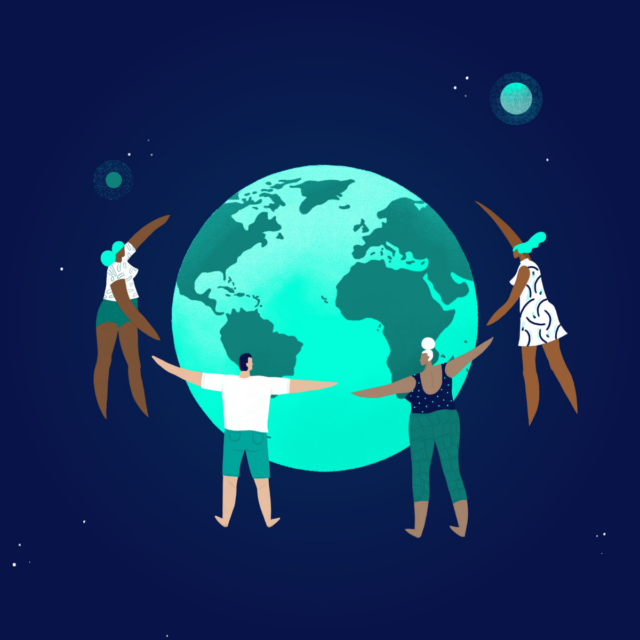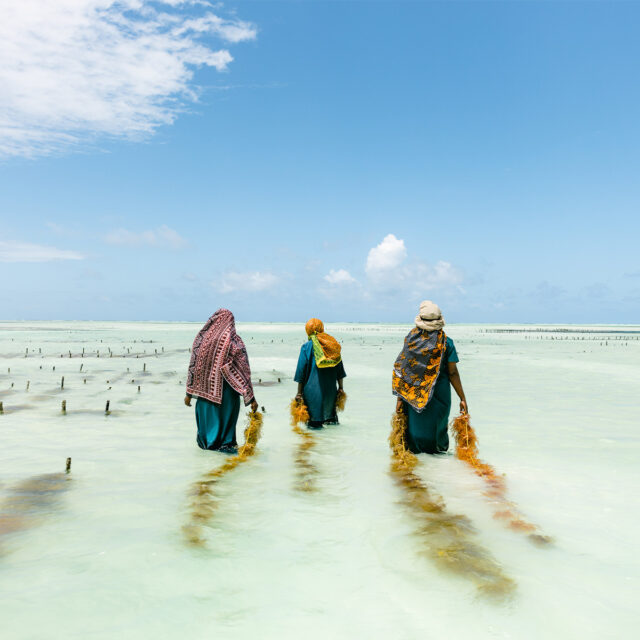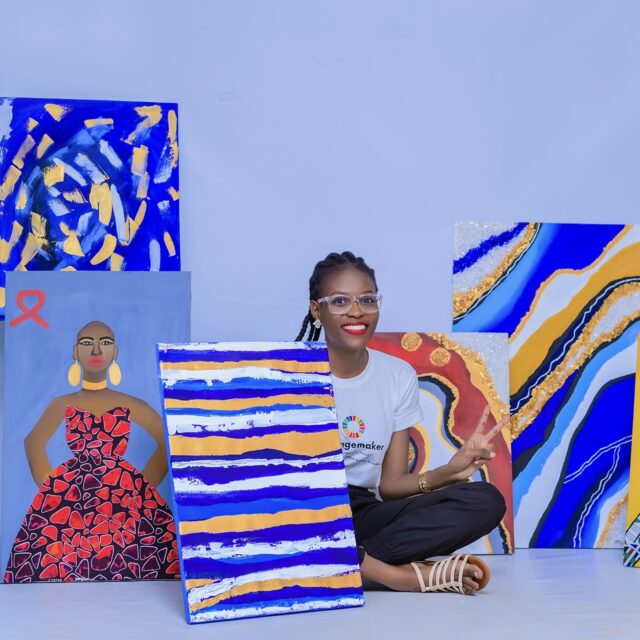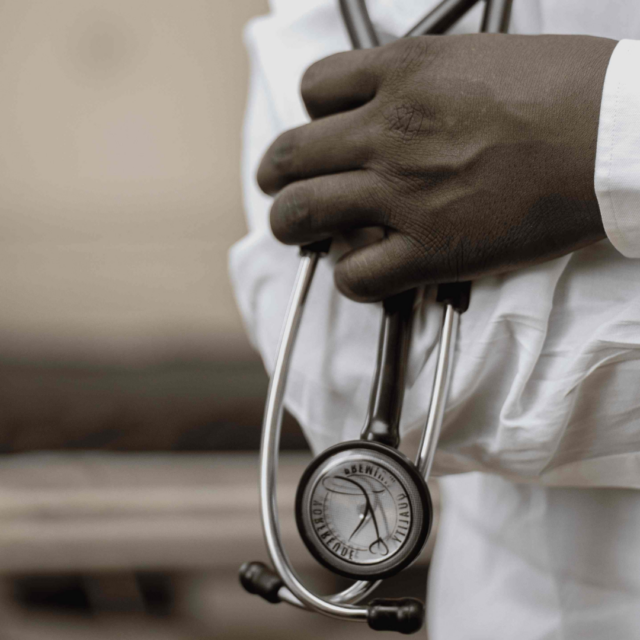The world has recently been plunged in the deep end of this temporary but indeterminate new way of life. The pandemic has forced adjustments not only at institutional levels but in our personal day-to-day lives. Although a sense of an undetermined future has made the world feel unsettled, we cannot lose hope in fighting the virus.
It is also important to acknowledge and appreciate those taking the big bold steps in ensuring, individually or as a community, that humanity doesn’t leave us. We need to strive to do our part. COVID-19 does not discriminate as to who gets infected. While staying safe ourselves, our solidarity can and will take us through these tough times and humanity will come out stronger at the other end.
Stories of hope from our community
We asked ONE’s global community for their stories of hope and solidarity. Here are two from our community.
I have witnessed as a medical student my teachers at the frontline of the fight against COVID-19. It inspired me to register to volunteer for the national response led by the Ministry of Health of Ethiopia. The internet is full of resources to enhance one’s knowledge. I am taking courses related to COVID-19 patient care and you can take one related to your field. This time is not only a very sad and difficult period that costs thousands of lives, but also an opportunity for many to stay home to read, spend more time with family, and do things that were on the shelf for so long. As a ONE champion, I want to emphasize that it is important now, more than ever, to find ways to prevent the pandemic’s damage associated with poverty. To stand together is not a choice but a necessity in order to see everything back to normal.
— Lulit Y. Mengesha, medical student and ONE Champion, Ethiopia
As a youth activist and social worker serving in the second largest informal settlements in Kenya, I have been encouraged by the initiatives young people are taking as they volunteer to support communities during these difficult times. The COVID-19 pandemic has exposed gaps in public service, health, and infrastructure meant to ensure the well-being and development of the poor and vulnerable in the society. Insecurity has also heightened in poor neighborhoods with the enforcement of curfews characterized by police harassment and brutality. Nevertheless, these challenges have not and cannot deter our resolve to stand in the gap for each other as brothers and sisters on this planet. As a response in my own little way together with other young leaders we are mobilizing resources to feed a minimum of 50 families each week in Mathare and Korogocho slums until the crisis subsides. We are also providing 500 litres of soap each week to youth groups as we sensitize the community on how to stay safe. Let us be a source of hope and love in hard times.
— Carine Umutoniwase, youth activist and ONE Champion, Kenya
Do you have an uplifting story that you’d like to share? You can submit your story here.
How you can help locally
The World Health Organization is the leading guide on COVID-19 response. In Africa, the Africa CDC is on the frontlines, and you can find resources on their website, including information pamphlets and posters to share, the latest statistics, and updates on COVID-19 in Africa.
Governments in East Africa have taken varied actions on the pandemic. In Kenya, the public is encouraged to call the number 719 or dial *719# if in need of help. The public in Ethiopia is asked to call for help toll free on the line 8335 and 952 or on regular phone 0118276796, or to send an email to [email protected]. You can follow the Ministries of Health in Ethiopia and Kenya for more updates.
Check out your national Red Cross website to find out how you can support locally, through volunteering or donating including the Kenya Red Cross Society and the Ethiopian Red Cross Society. You can sign up for emergency alerts on their mobile app.
Another organizations that you could support is Amref Health Africa which has also provided some essential tools. Check out their Youth in Action movement for more volunteer engagement.
Resources and recommended reading
We’ve put together a list of resources for at-home activism — from ways to stay involved from home, to online activism classes and online museums.
You can also catch up on our latest blog coverage: Here’s why we need a global response to this global pandemic — and how we can achieve that. Here are key facts to know and what we can learn from the pandemic. We’ve also rounded up 5 major health organisations taking action globally against COVID-19.
Our CEO Gayle Smith explores the need for collective global action and our Executive Director in Africa Edwin Ikhuoria looks into what lockdown measures mean for Africa.
For the latest information on COVID-19 and the situation in your country, please visit your government’s homepage and/or your national Health Ministry website.
Also follow us on Twitter for regular updates.



